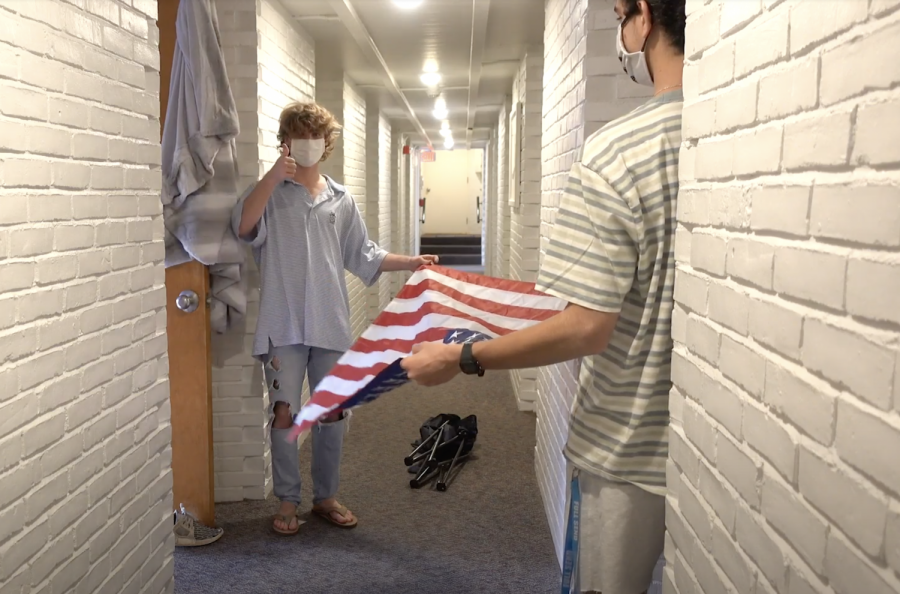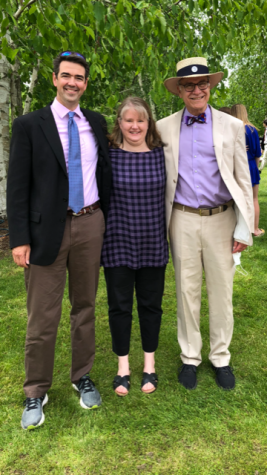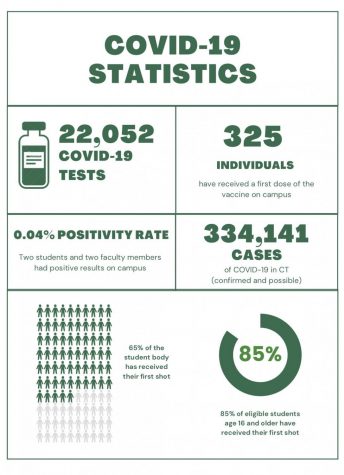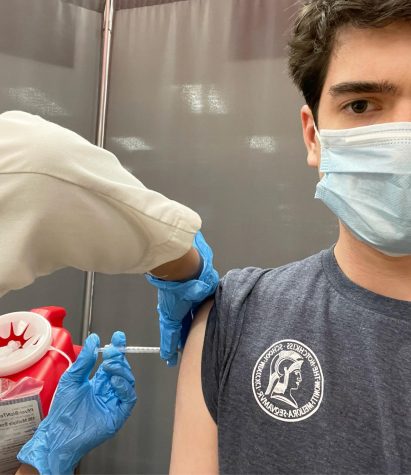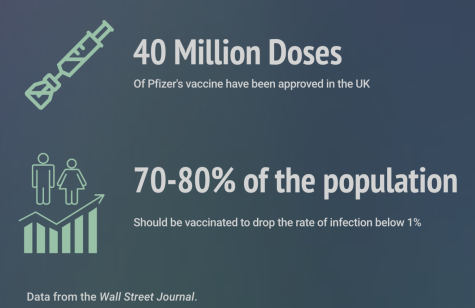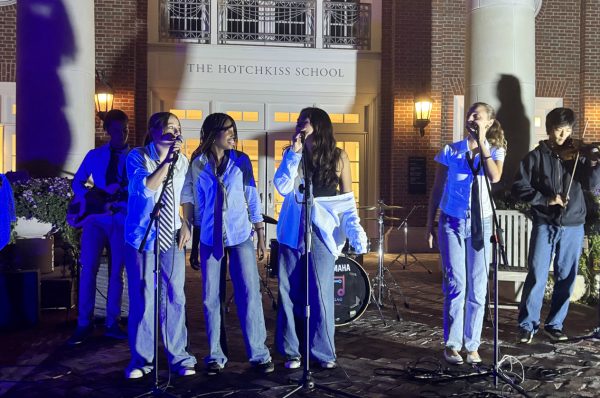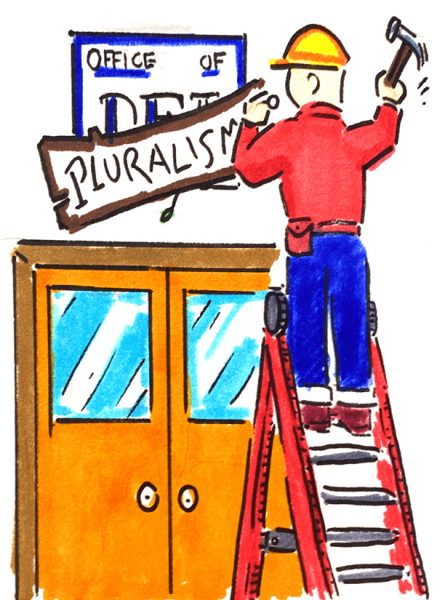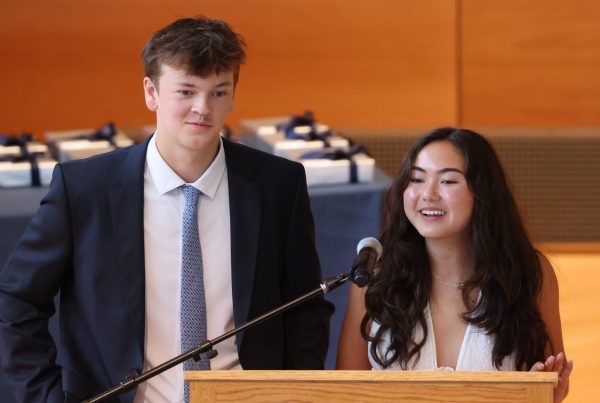School’s Updated COVID-19 Plans Succeed
Blaise Fleury ’21 & Peter Kallos ’22 filmed a video outlining rules for student visitation.
Stringent adherence to public health guidelines allowed the school to successfully complete a fall term with the majority of students and faculty on campus, despite a global pandemic that has infected over 63 million people.
Although four positive tests received on October 15 forced community members to adhere to stricter quarantine procedures, including several days of online classes, the school was able to relax restrictions as students who tested positive and their close contacts were placed in isolation and quarantine. In the last weeks of in-person learning, two staff members tested positive and the school accordingly disinfected areas where they had worked. Medical Director Dr. Zelman said, “I am quite proud of the work the students, faculty, staff, and campus families have done for the program of prevention, testing, and education to be successful.”
Due to the community’s steadfast preventative efforts throughout the past three months, the school relaxed restrictions during the final weeks on campus. For example, the administration allowed students to reserve study spaces in the Main Building and time slots in the Mars Athletic Center starting from October 20. Students were also given further access to spaces like the Snack Bar later in the afternoon and throughout the evenings, and weekend activities such as mini-golf and movies resumed.
Boarding students were also permitted to host one guest from their dorm floor in their rooms during certain time periods. Students needed to wear masks, observe social distancing, and keep room doors and windows open.
These changes were made possible because of the adoption of the new pooled saliva testing, which allowed faster testing. Nasal swab testing limited the number of community members who could be tested to around 50 a day, while pooled saliva testing made it possible to test the entire community in 24 hours. Mr. Davis, COVID coordinator, said, “The pooled saliva testing allowed us logistically to test everyone in the community once a week and gave us a much more complete picture of the virus on campus.” Dr. Zelman added, “The new testing has also been a marvelous change from the nasal and nasopharyngeal methods, because it could be performed in an expeditious, relatively inexpensive, accurate, and non-invasive manner.”
As students and faculty engage in remote learning, there is a growing anticipation to see what school life will look like when early spring rolls around. Despite uncertainty around returning to campus for in-person learning in February 2021, similar safety protocols will likely be in place in the Spring. Mr. Davis stated, “Multiple rounds of testing will be initiated early on, and we will be able to open up more to the degree we were in the fall much more quickly.”
Quotes have been lightly edited for clarity.

